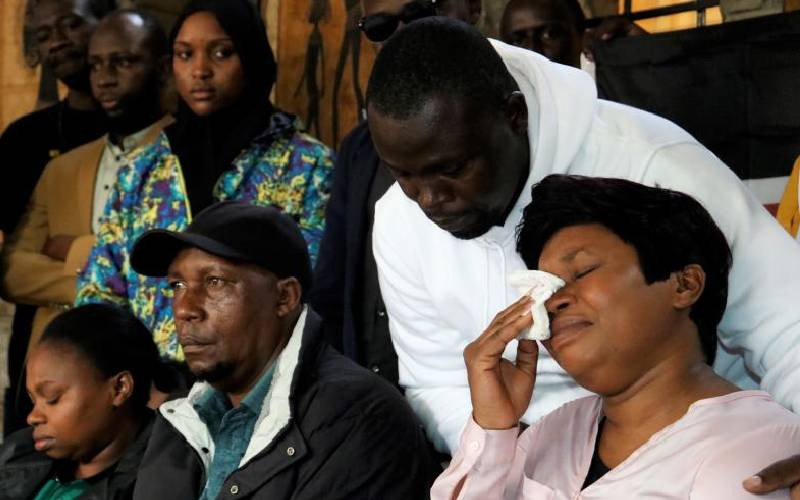
Abductions can never be justified in a functioning democracy. The only thing that keeps a state intact is the rule of law and adherence to the Constitution. It is actually the most important part of a president's oath: To obey, protect, and defend the Constitution. Abductions only happen when one wants to bypass the justice system for short-term gains, but that always has disastrous results.
You cannot suspend the law and have a functioning state at the same time. One must give. The justice system does not just exist to punish but also as a deterrent. The justice system also provides an avenue for building our jurisprudence.